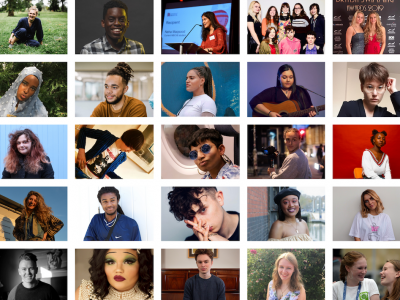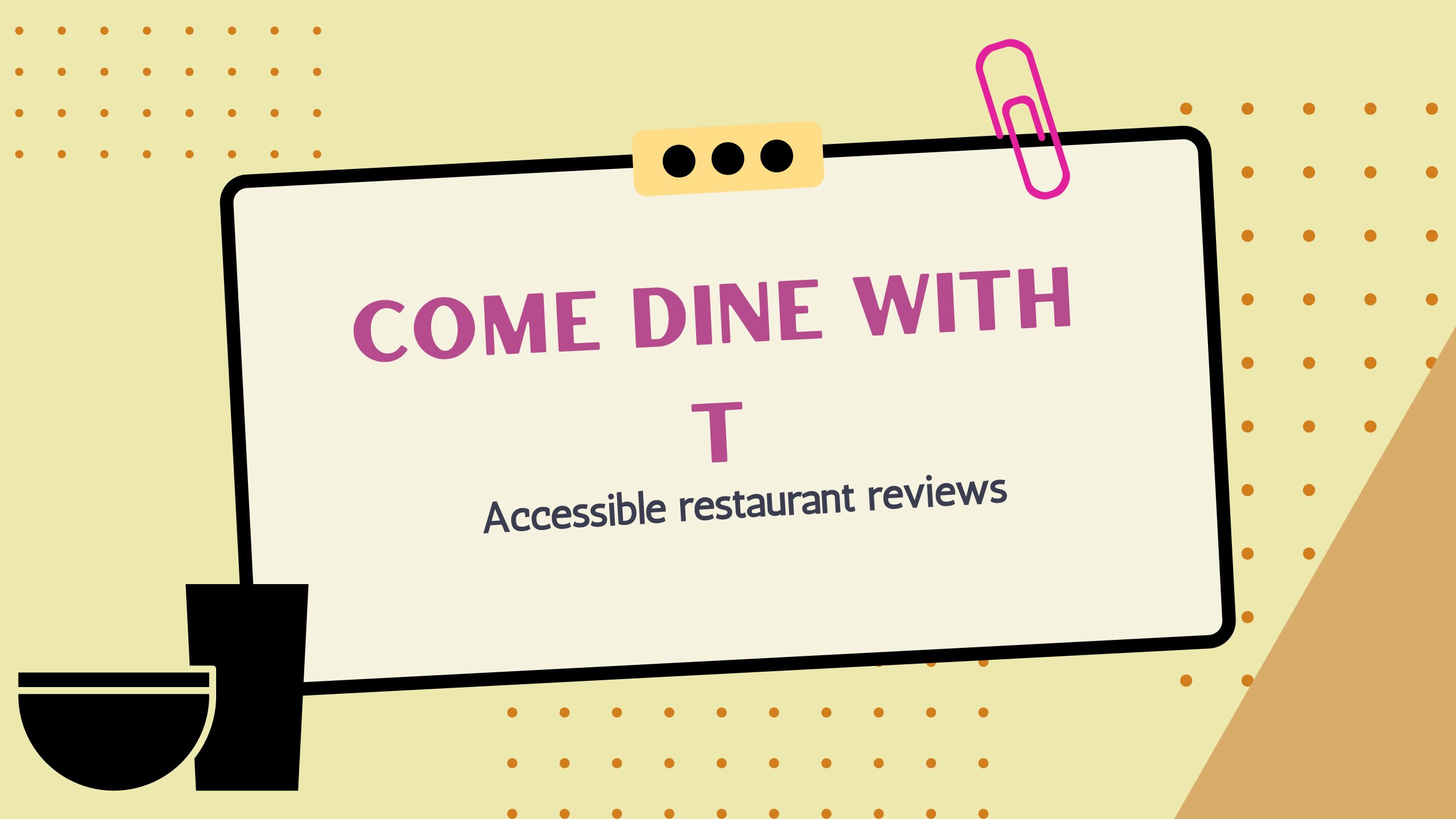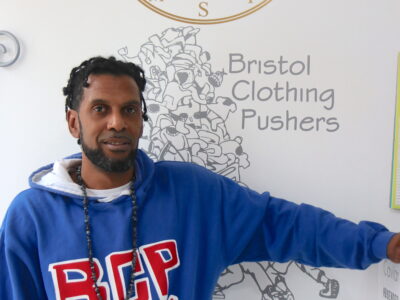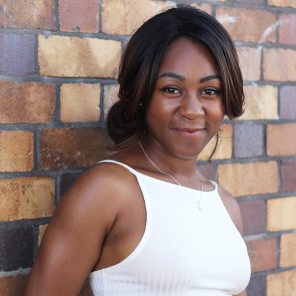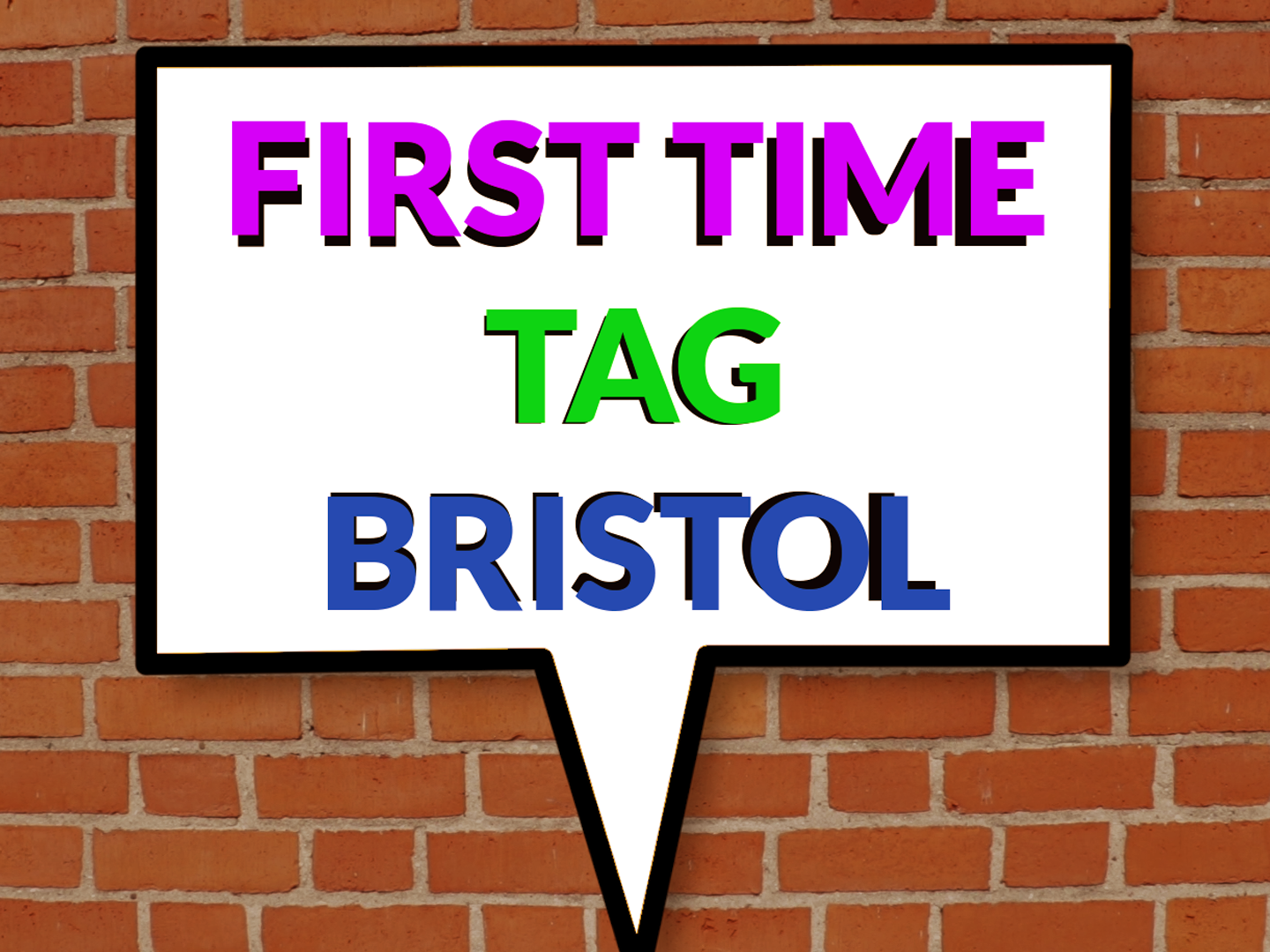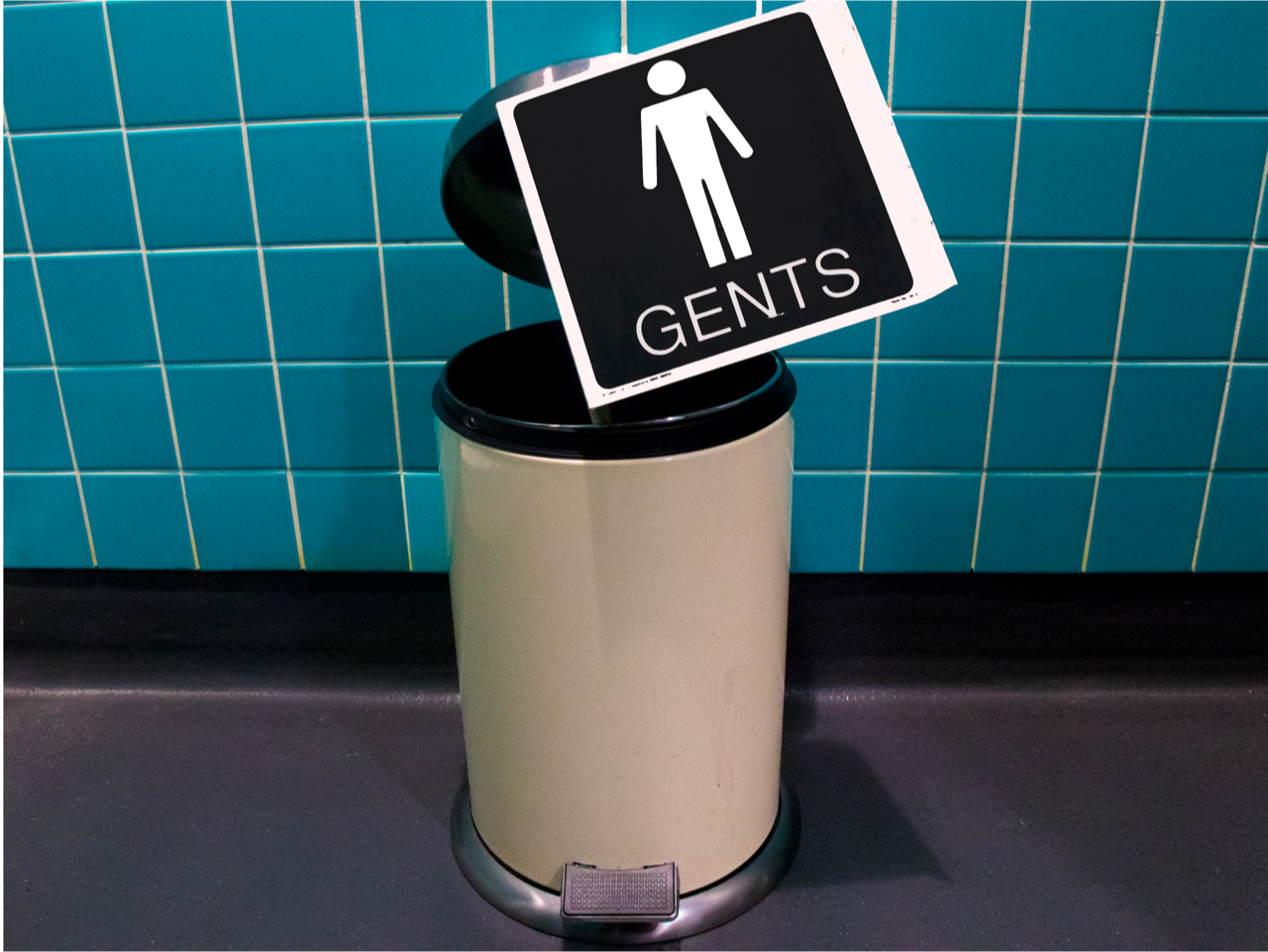FESTIVAL OF THE FUTURE CITY: Invisibility And Creative Freedom

Illustration: Jasmine Thompson
Euella on the right to the city and new beginnings in new spaces.
This essay was commissioned as part of a series in collaboration with Festival Of The Future City. Find out more about the festival here
…the thought of living entirely on my own in the city made me anxious.
I opened the door to the Georgian property and marched up the stairs until I found flat five. With my mum in tow, I turned the key in the lock and beheld my new studio apartment. The empty room was large and bright with high ceilings, two large bay windows and a period fireplace positioned perfectly in the centre of the room. The knot in my stomach tightened. Located on the cusp of the city centre with great transport links and a range of local shops, bars and amenities, the place was perfect. I was excited for the new move but the thought of living entirely on my own in the city made me anxious. I think my mum sensed this.
‘Are you sure you’re going to be ok living here by yourself?’ she asked.
I was raised by my mum and my auntie. Sisters whose acute obsession with practicality led them to live together and raise their children, my cousin and myself, together. The four of us lived in a three-bedroom semi-detached house with our springer spaniel, Coco. At times, it felt like the house was in a perpetual state of renovation and reorganisation. Whether it be temporarily turning our dining room into a makeshift bedroom or me having to share a room with my mum, we desperately tried to make it work and for the most part, it did. Back then, space often felt like an unobtainable virtue and the thought of having my own seemed exciting if not a little unrealistic.
We had this crazy dream of being the next Destiny’s Child and moving to the city together in search of our big break.
Opening the box that rested before the fireplace, I began unpacking my things. Mum joined me on the floor, helping to take out notebooks, jewellery boxes and framed pictures of me and my friends from back home. I paused on one particular picture of us on the common. We must have been about ten or eleven then in our school uniform with our ties wrapped around our foreheads posing in a Charlie’s Angel-esque formation. We had this crazy dream of being the next Destiny’s Child and moving to the city together in search of our big break.
[rife-guide-events]
We grew up in a small town in Buckinghamshire and while my hometown wasn’t terrible, it was terribly small. We lived in the heart of the Thames Valley, surrounded by hills, green pastures and trees. There, good news travelled fast and bad news travelled even faster. Whilst my friends were out roaming the town on the weekends and loitering in the old shopping centre after school, I would be spending my time getting lost in books or the wonders of the internet. Every Friday, we went to Rollermania, a weekly roller disco held at the sports centre. Looking back, I find it funny how we would dress up and skate awkwardly around a sports hall in attempt to impress people that we’d had grown up with our whole lives. We were prisoners to familiarity and routine. To me, my imagination offered more than my small town ever could.
To me, my imagination offered more than my small town ever could.
Where I grew up, it’s hard to be invisible in a small town – I navigated through waves of hypervisibility. I found escape in my daily walks with Coco; we used to go to the furthest corners of the parkland to be alone. For me, the park was a blank canvas, a space in which I could shape my imagination – it was freeing. In the woodland, I became award-winning actresses, pop stars and West End performers. I would look up at the trees and the secluded plains and I would see a stage. I would belt the high notes that I was too afraid to try in front of others. I would go over emotional monologues – speaking them into the universe with no one but Coco in the audience.
I was afraid that the city would not be kind to a young country girl without her friends or family. Where I grew up, you kept the same friends from school into adulthood and knew every family on your road. The highlight of the week would be a cheeky trip to the Chinese takeaway or a karaoke night at the local pub. I quickly learnt the secrets of my town and it left little to the imagination. I looked outward for stimulus. Parks and woodlands were blank canvases where most of our inspiration and creativity came from and I would go there to run or scream but I mostly sang. Space was what I desired. When I moved to Bristol I was nobody. I had no ties or community. No expectations to adhere to – it was just me. In many ways that anonymity freed me. I wandered the streets and got lost in the crowd and my invisibility. Going unnoticed in the metropolis gave me the freedom to let my imagination inform my creativity. I found inspiration in the smell of the city; it stank with the promise of future development and innovation. In the evenings, the music from the clubs spilled into the streets like oil. After parties, I would stumble through cobbled streets, kebab and chips in hand, back to my student halls. I wasn’t used to everything being so accessible, shops, amenities and opportunities and I was amazed at how much could be squeezed into one space. The city seduced me with the possibility that I too could be an acrobat in this cosmopolitan performance.
We finished unpacking for the evening and my mum embraced me.
‘I think you’re gunna like it here,’ she said.
‘Me too, mum. Me too,’ I thought.
We’d love to hear your thoughts on young people’s right to the city. Tweet us @rifemag and use the hashtag #futurecity17 or let us know in the comments.

